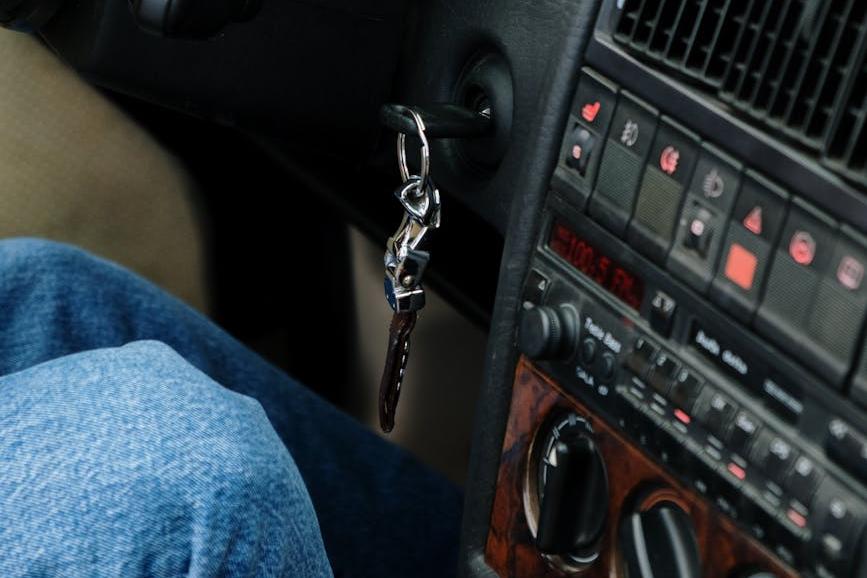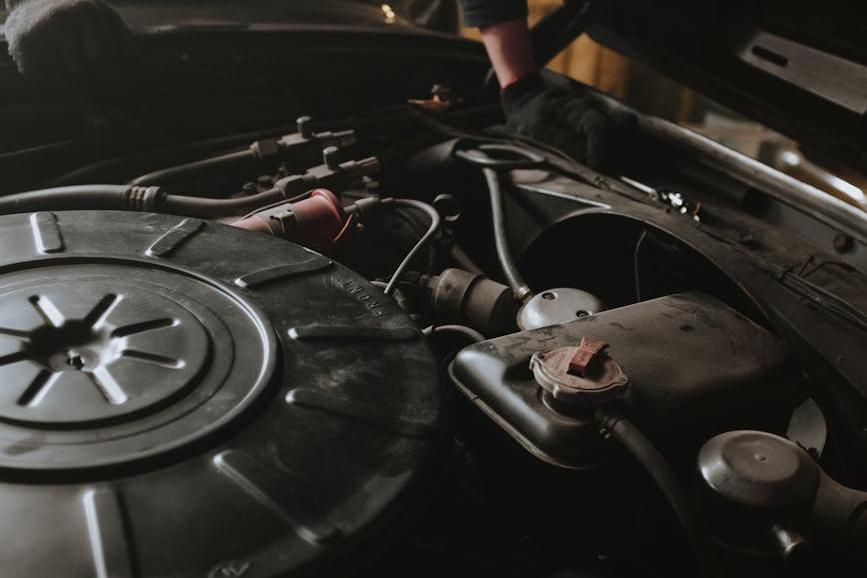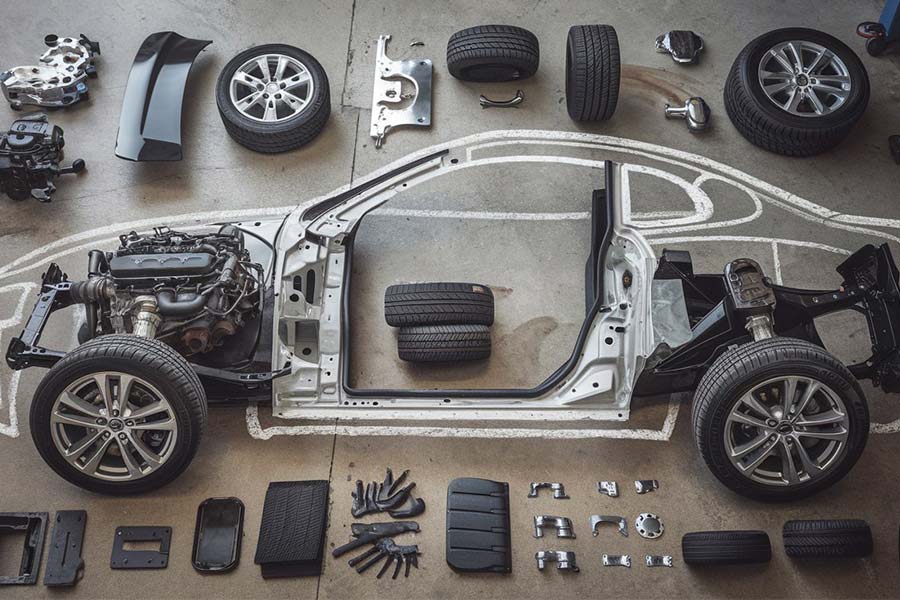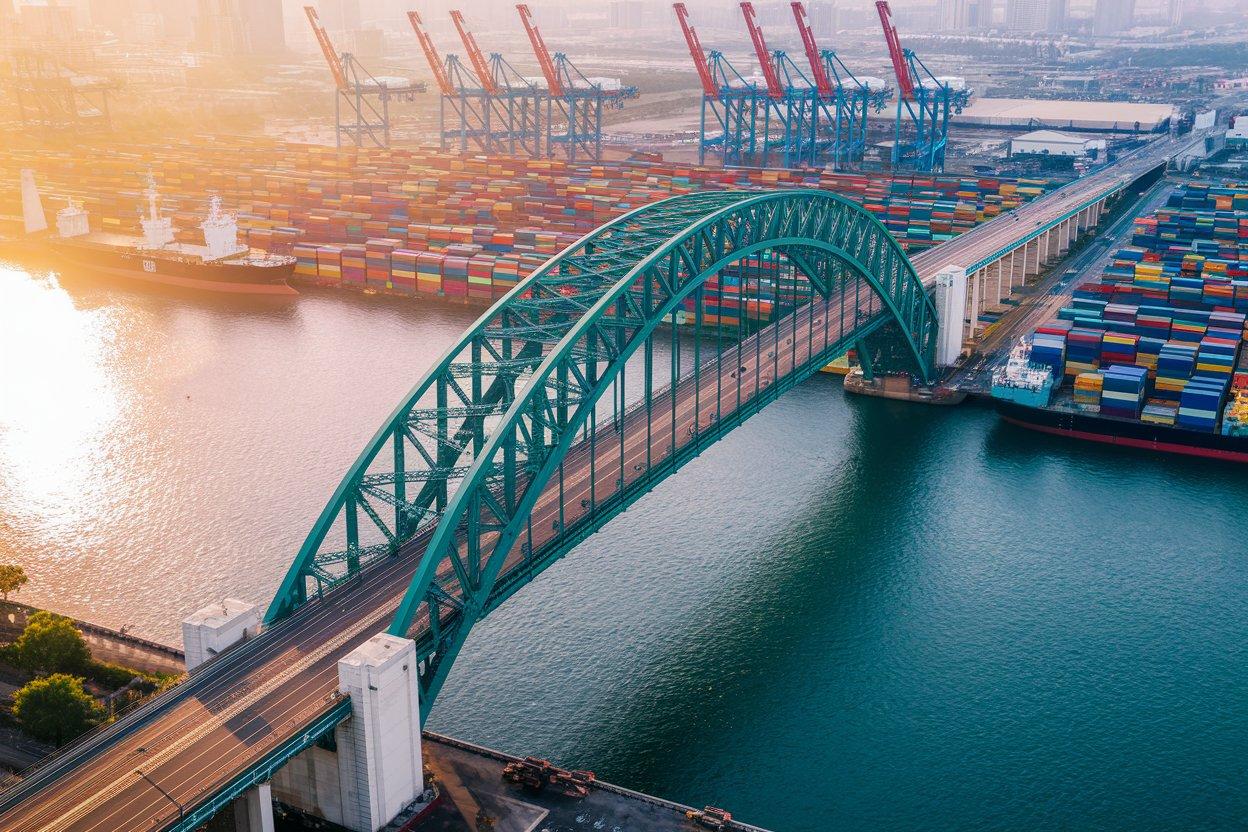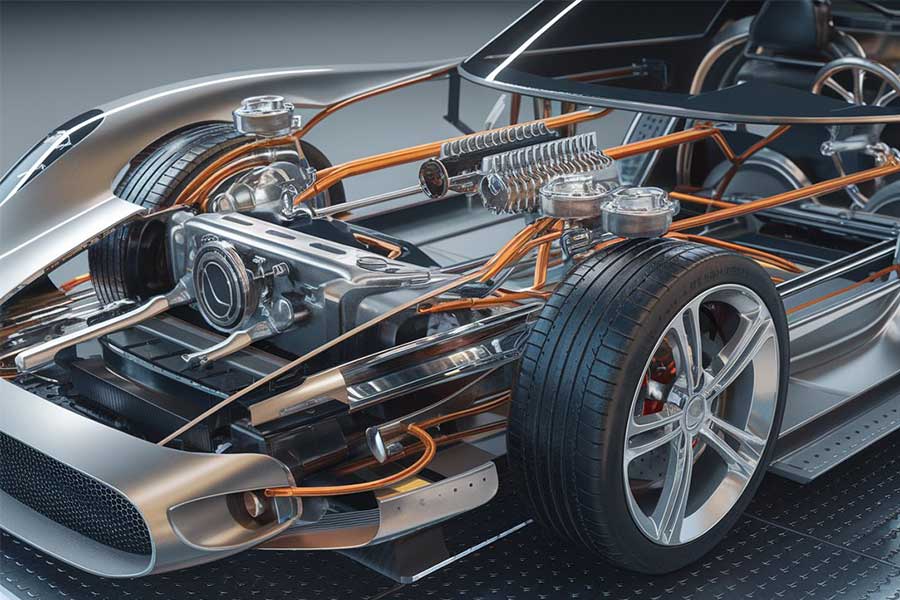- Shanghai Zhongshen International Trade Co., Ltd. - Two decades of trade agency expertise.
- Service Hotline: 139 1787 2118
As leisure tourism becomes increasingly diversified, camping vacations—a low-density, large-space travel style—have gained popularity among consumers. As campings perfect partner, RVs have gradually entered public view and gained increasing favor. Especially for imported RVs, their quality and safety are key concerns for port regulators and consumers alike. So lets explore the main customs clearance process for imported RVs.
Definition and classification of RVs
Per Chinas Automotive Industry Standards, RVs are defined as specialized vehicles equipped with insulation and living facilities (e.g., tables, chairs, sleeping accommodations, cooking equipment, storage, sanitation), primarily used for tourism and field staff lodging.
Main categories include motorhomes and travel trailers, distinguished by motorhomes having self-propulsion capability while trailers require towing. Additionally, motorhomes must accommodate ≤9 passengers, and trailers cannot carry passengers during transit.
Main customs clearance procedures for imported RVs
The main customs clearance process for imported RVs includes: obtaining compulsory product certification or single-vehicle certification, customs declaration, on-site inspection, and safety testing. Compulsory product certification applies to large-scale imports, while single-vehicle certification suits small-batch customized imports. After passing on-site inspection and safety testing, qualified vehicles will be released and receive an Imported Motor Vehicle Inspection Certificate.
Applicable inspection standards
Imported RVs undergo customs inspection per national standards including Safety Specifications for Motor Vehicles, Road Vehicles - Vehicle Identification Number (VIN), Installation Requirements for External Lighting and Light-Signaling Devices, Technical Requirements for Travel Trailers, Limits of Dimensions, Axle Loads and Masses for Motor Vehicles, andimport and exportMotor Vehicle Inspection Regulations Part 4: Automotive Products.
Key customs inspection content
Inspections cover general items (VIN, model, appearance, product labels, tools, documentation, certification marks) and safety performance (lighting, braking, stability, safety protections, coupling requirements). Customs also examines RV-specific aspects like manuals, bodywork, safety requirements, and coupling specifications.
Related Recommendations
Category case
Get in Touch
Email: service@sh-zhongshen.com
Related Recommendations
Contact via WeChat

? 2025. All Rights Reserved. Shanghai ICP No. 2023007705-2  PSB Record: Shanghai No.31011502009912
PSB Record: Shanghai No.31011502009912
